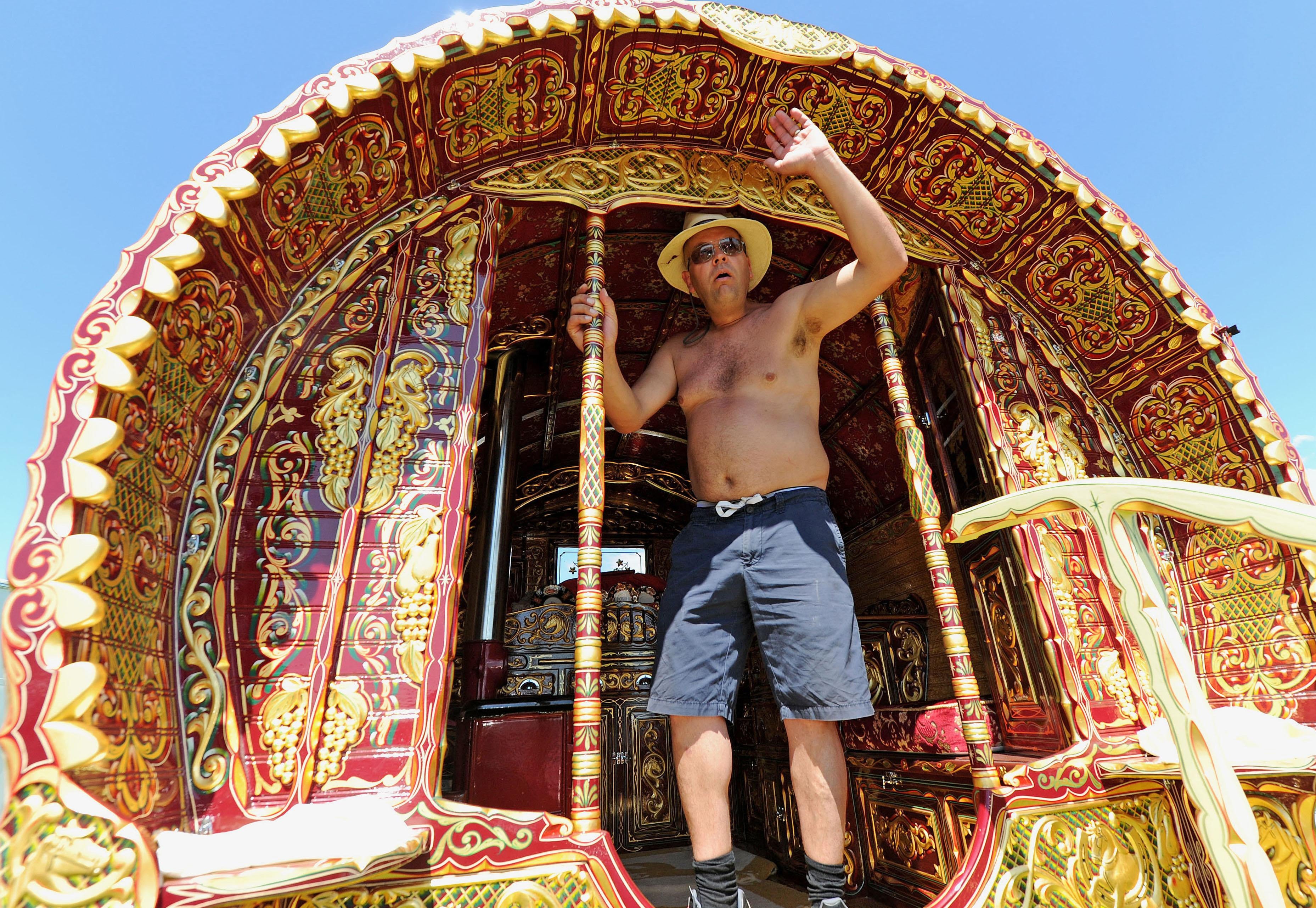Gypsy, Roma and Traveller students ‘face stark barriers to going to university’
A report highlights how stark attainment gaps from early years education onwards and societal prejudice work to exclude GRT pupils from university.

Your support helps us to tell the story
From reproductive rights to climate change to Big Tech, The Independent is on the ground when the story is developing. Whether it's investigating the financials of Elon Musk's pro-Trump PAC or producing our latest documentary, 'The A Word', which shines a light on the American women fighting for reproductive rights, we know how important it is to parse out the facts from the messaging.
At such a critical moment in US history, we need reporters on the ground. Your donation allows us to keep sending journalists to speak to both sides of the story.
The Independent is trusted by Americans across the entire political spectrum. And unlike many other quality news outlets, we choose not to lock Americans out of our reporting and analysis with paywalls. We believe quality journalism should be available to everyone, paid for by those who can afford it.
Your support makes all the difference.A report has highlighted how “stark” attainment gaps and educational exclusion make it harder for Gypsy, Roma and Traveller (GRT) students to attend university.
The report, by the Higher Education Policy Institute’s policy manager Laura Brassington, found that “stark disparities” in attainment exist for GRT pupils from early years education onwards, exacerbated by a “hostile environment”, bullying and prejudice.
The study found that GRT pupils have the worst educational outcomes of all ethnicities, with young people from Gypsy, Roma or Irish Traveller communities the least likely to enter higher education by the age of 19.
Just 6.3% of Gypsy or Roma and 3.8% of Irish Traveller students access higher education, while there were only 30 students from GRT backgrounds registered at Russell Group universities in 2020/21, and 660 students in total.
The story of GRT communities is one of spatial segregation, symbolic and actual ghettoisation, and the racialisation of poverty and social exclusion
This is in comparison with 37% of UK 18-year-olds entering higher education in 2020.
If they were not under-represented in higher education, there would be around 320 undergraduates from GRT backgrounds in the Russell Group.
The report welcomed recent initiatives by universities to include GRT students in their access and participation plans, but said that these efforts were “undermined by a wider hostile environment”.
One Romany Gypsy told the researchers that GRT communities’ lives were “so bad in every area”, with a 2022 survey finding that 45% of the British public held negative views of Gypsy, Roma and Traveller people.
The report highlighted how GRT pupils have some of the lowest attendance rates and highest rates of permanent exclusion from schools.
In 2020/21, just 9.1% of Gypsy/Roma pupils and 21.1% of Irish Traveller pupils achieved a grade 5 “strong pass” in GCSE English or maths, compared with a national England average of 51.9%.
Dr Brassington said it was “scarcely believable” that GRT pupils faced “so many barriers” when trying to access education, and that it was “tragic” that many avoided identifying their ethnicity because of racial prejudice.
Our children become invisible in the data from the start of their education and the impact is long-lasting
“Education institutions could commit to change this situation by doing more to recognise the challenges and signing the pledge to tackle them, while policymakers should improve data collection and find the modest sum of money that could make a huge difference,” she added.
Emerita professor of higher education at the Centre for Higher Education and Equity Research at the University of Sussex, Louise Morley, said: “The story of GRT communities is one of spatial segregation, symbolic and actual ghettoisation, and the racialisation of poverty and social exclusion.”
The report noted that the BBC had found that more than one in 10 deaths among Irish Travellers were suicides, with campaigners stating that racism and discrimination had led to a “mental health crisis” within the Irish Traveller community.
It said there was a “widespread lack of understanding of the cultural barriers GRT communities face in mainstream education”, with Traveller communities experiencing higher rates of bereavement through both suicide and traumatic accidental death than the general population.
Colleen Roper, co-founder of Future4Fairgrounds, told the report she had heard of Year 2 pupils from Showman communities being off-rolled so that they did not impact school data.
She said: “Our children become invisible in the data from the start of their education and the impact is long-lasting.”